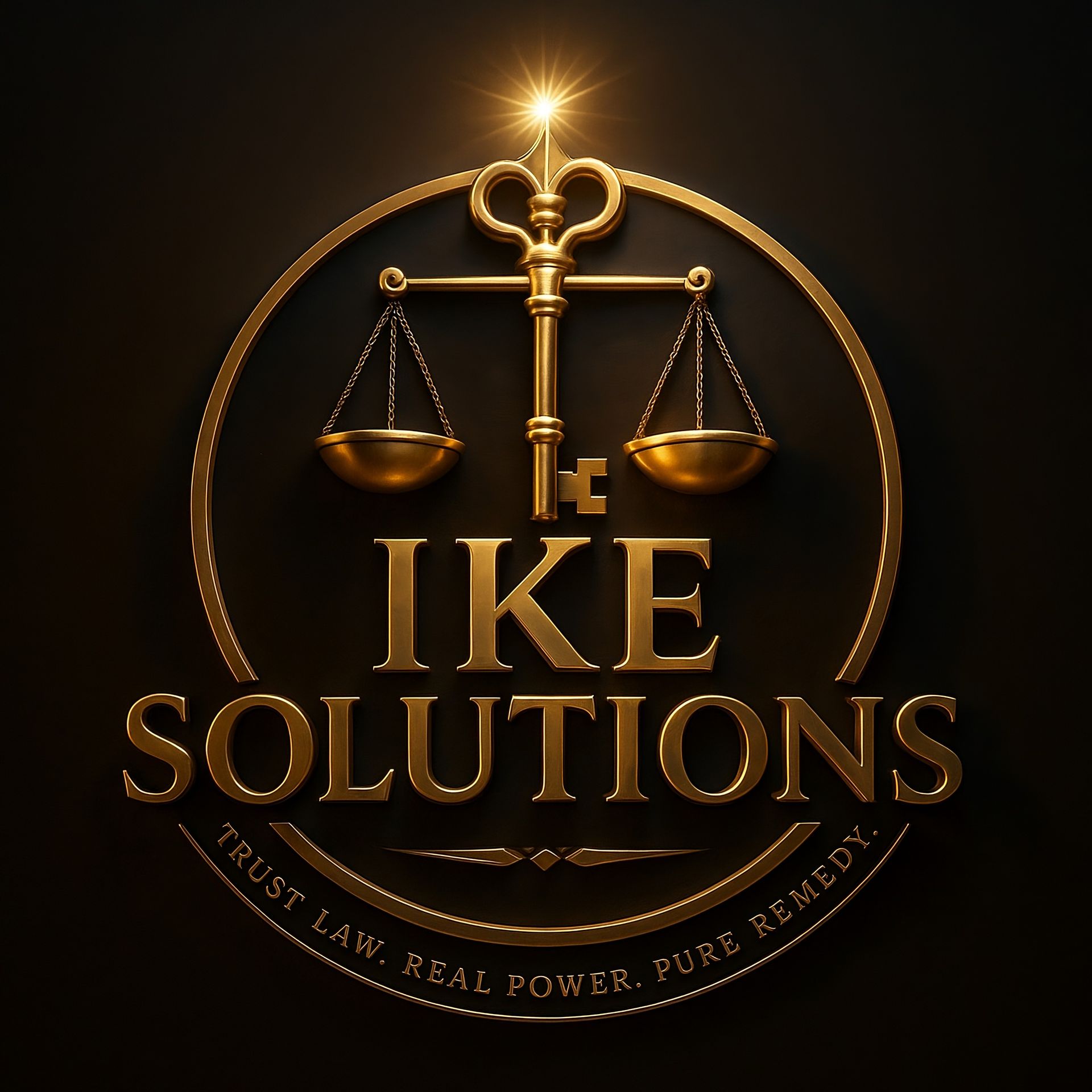Trust and Asset Protection: Safeguarding Your Wealth Today
Understanding Trusts
Trusts are powerful legal tools designed to help individuals manage and protect their assets. They allow a person, known as the grantor, to transfer property to a trustee, who then manages it for the benefit of the beneficiaries. Trusts can be structured in various ways to achieve specific goals, such as minimizing taxes, avoiding probate, and ensuring privacy.
One of the primary advantages of a trust is its ability to provide long-term financial protection for your loved ones. By setting up a trust, you can ensure that your assets are distributed according to your wishes, even after you're gone. This not only helps in maintaining family harmony but also secures the financial future of your beneficiaries.

The Role of Asset Protection
In today's litigious society, asset protection has become a crucial consideration for many individuals. Asset protection involves strategies to guard your wealth from potential creditors, lawsuits, and other threats. By combining asset protection strategies with a trust, you can effectively shield your assets from unforeseen risks.
One common method of asset protection is the use of an irrevocable trust. Unlike revocable trusts, which can be altered or revoked by the grantor, irrevocable trusts generally cannot be changed once they are established. This provides a layer of protection because the assets are no longer considered part of the grantor's estate, thus making them less accessible to creditors.

Types of Trusts for Asset Protection
There are several types of trusts that can be used for asset protection purposes. Each type offers unique benefits and challenges, so it is essential to choose the right one based on your specific needs and circumstances.
- Revocable Trusts: While these are flexible and allow you to retain control over the assets during your lifetime, they offer limited asset protection as creditors can still access the trust assets.
- Irrevocable Trusts: These provide stronger asset protection since the grantor relinquishes control over the assets, making them inaccessible to creditors.
- Special Needs Trusts: Designed to provide financial support for beneficiaries with disabilities without affecting their eligibility for government benefits.
The Importance of Professional Guidance
Establishing a trust and implementing asset protection strategies can be complex processes that require professional guidance. Working with an experienced attorney or financial advisor is crucial to ensure that your trust is set up correctly and that your assets are adequately protected.
An expert can help you navigate the legal intricacies and design a comprehensive plan tailored to your unique situation. This not only provides peace of mind but also maximizes the benefits of your trust and asset protection strategies.

Common Misconceptions About Trusts and Asset Protection
There are several misconceptions surrounding trusts and asset protection that can lead to confusion. One common myth is that only the wealthy need trusts. In reality, trusts can benefit individuals at various income levels by providing structure and security for their estate plans.
Another misconception is that once assets are placed in a trust, they are entirely immune from all legal actions. While trusts offer significant protection, they are not foolproof. Proper structuring and legal compliance are essential to ensure maximum effectiveness.
Planning for Future Generations
A well-structured trust not only protects your wealth but also facilitates its transfer across generations. By outlining clear terms and conditions for asset distribution, you can ensure that your legacy benefits your heirs in meaningful ways.
Consider incorporating educational funds, charitable contributions, or specific instructions for asset management within your trust. These provisions can help future generations maintain financial stability and uphold family values.

Conclusion
Trusts and asset protection strategies are essential tools for safeguarding your wealth against unforeseen circumstances. By understanding the different types of trusts available and seeking professional guidance, you can create a robust estate plan that meets your needs and secures your family's financial future.
Remember, the key to effective asset protection lies in proactive planning. Begin exploring your options today to ensure that your wealth is protected and your legacy is secure for generations to come.
